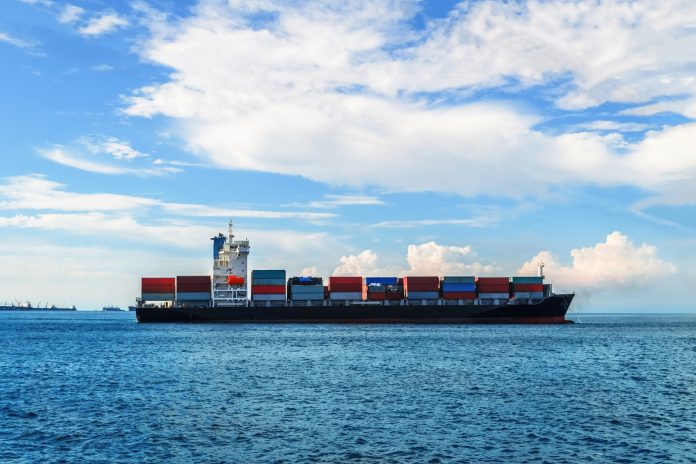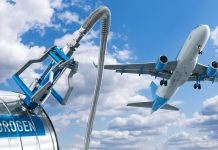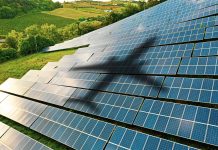Associate Professor Nikolaos P. Ventikos tells us about the MOSES research and innovation project, illustrating its contribution to sustainable European Short Sea Shipping (SSS) cargo transport
The European Union (EU) aims at creating a sustainable and efficient transportation network by 2050 with the Trans-European Transport (TEN-T) Network policy, which attempts to integrate all transportation modes. One of the objectives of this policy is to minimise the environmental footprint of transportation by shifting cargo from carbon-intensive, land-based modalities to more efficient modes.
For maritime transportation, this policy was supported by the Motorways of the Seas concept, which was developed in 2001 and aimed at providing a “real competitive alternative to land-based transport” within the TEN-T network. Towards this goal and in the context of the Connecting Europe Facility (CEF) Marco Polo I and II frameworks, the EU has funded several projects that have collectively achieved shifting approximately four million trucks to rail and waterborne transport. Within this context, Short Sea Shipping (SSS) plays a key role in achieving the EU targets due to its ability to transport cargo cost-effectively and with a reduced environmental footprint.
In this article, we focus on containerised cargo, which is a significant enabler for intermodal transport in the EU supply chain. The container supply chain is currently based on a hub-and-spoke network, where large containerships (e.g., over 20,000 TEU in capacity) operate in shipping lines between DSS ports that act as hubs for transhipment to other destinations either via SSS feeder lines to smaller (feeder) ports or land-based transportation to the hinterland. In many cases, cargo could be transhipped via SSS to small ports, other than feeder ports, that are closer to the final destination.
However, road and rail are still preferred over SSS due to barriers related to available infrastructure and logistics planning. Small ports have limited or no cargo-handling infrastructure, their topological characteristics prevent them from serving feeder vessels due to navigational restrictions (e.g., available water depth) and limited supporting infrastructure for intermodal last-mile connections. In addition, considering that demand for containerised cargo in these ports is low-volume and irregular, it would be difficult to justify large infrastructural investments. From the logistics perspective, it would be difficult to sustain a regular feeder line exactly due to irregular demand, as well as the unavailability of 24/7 port services. In this “chicken-and-egg” situation, logistics stakeholders generally seem reluctant to further integrate SSS into the supply chain.
To overcome these barriers, the EU is starting to think differently by attempting to exploit the benefits of high levels of automation/autonomy. This rationale was recently reflected on the Horizon 2020 call for proposals entitled “Moving freight by water: Sustainable Infrastructure and Innovative Vessels.” Within this call, the National Technical University of Athens (NTUA) coordinated and secured funding for the MOSES research and innovation project.
MOSES stands for Automated Vessels and Supply Chain Optimisation for Sustainable Short Sea Shipping. The project aims to enhance the contribution of the SSS component of the EU container supply chain with a two-fold strategy that consists of:
- Addressing problems associated with large containership operation in DSS ports of the TEN-T network.
- Stimulating the participation of small ports with limited or no cargo handling infrastructure in the supply chain by creating new, sustainable feeder services.
MOSES will develop a series of highly automated/autonomous innovations that fall under the following four pillars:
- Ship design.
- Technologies.
- Softwares.
- Processes.
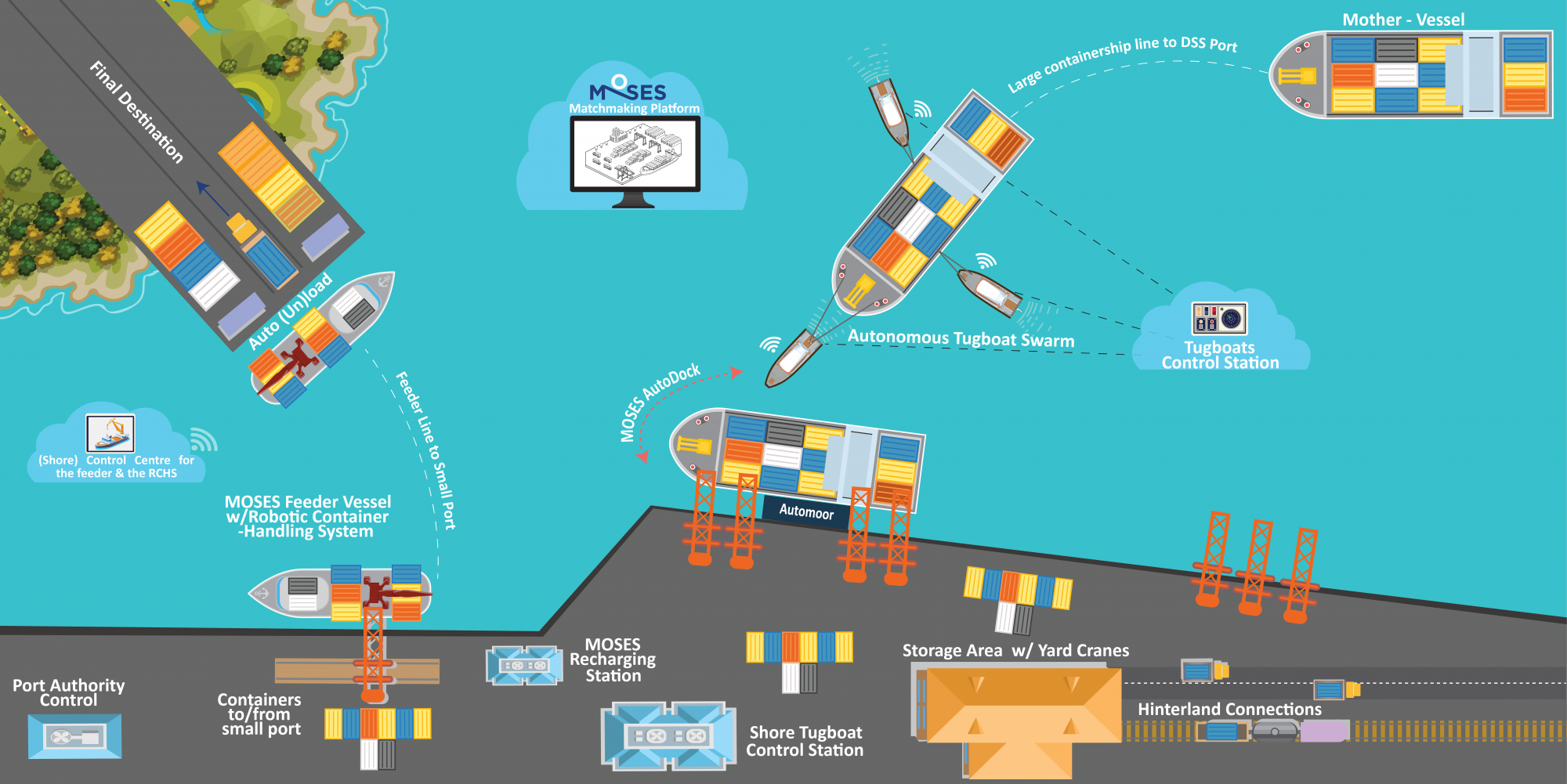
Figure 1 shows the operational scenario that forms the basis for MOSES and includes the following components:
- MOSES AutoDock system. This is an intelligent system that consists of the MOSES Autonomous tugboat swarm and the MOSES automated docking scheme. The autonomous swarm is supported by the MOSES Shore Tugboat Control Station for supervisory control and exchanges information with the automated docking system.
- MOSES Innovative Feeder Vessel. This vessel is equipped with the MOSES Robotic Container-Handling System that provides autonomous (off)loading either at the quay or directly on trucks at the small port and is remotely monitored by a Shore Control Centre. The vessel will operate in parts of its voyage with a certain degree of autonomy.
- MOSES Recharging Station. This is an automated shore-based power station, which is intended to support the operation of the Innovative Feeder and the Autonomous tugboats.
- MOSES Matchmaking Platform ensures the sustainability of the feeder service by handling effectively the changing freight flows, increasing the cost-effectiveness of partial cargo loads and boosting last-mile/just-in-time connections among the transport modes and backhaul traffic.
The contribution of MOSES towards sustainable SSS cargo transport is related to expected benefits in the safety, environment, and efficiency domains. Impact on safety includes minimising human error in towing, reducing accidents during berthing, and minimising cargo handling risks in the absence of port infrastructure. From the environmental perspective, MOSES is expected to reduce air emissions in ports and total emissions per transported TEU by exploiting green propulsion technologies, as well as reducing road congestion in port areas through a modal shift to SSS. In terms of supply chain efficiency, MOSES will stimulate new, sustainable SSS feeder services that will be effectively promoted as an alternative to land-based transhipment.
MOSES innovations will also have an impact on operations at DSS and small ports that will accommodate the proposed automated/autonomous systems. As the EU is working towards creating a comprehensive TEN-T network by 2050, MOSES paves the way by shaping the future of European Short Sea Shipping.
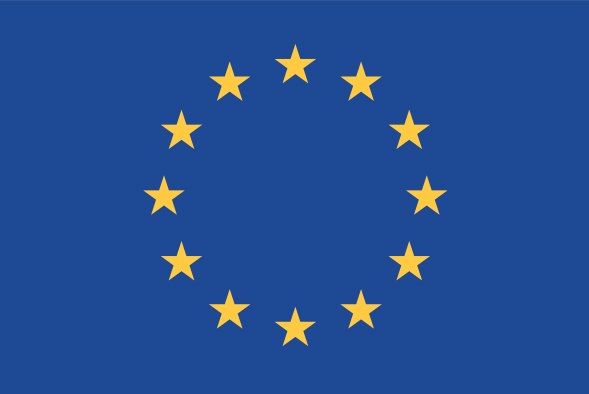
MOSES – AutoMated Vessels and Supply Chain Optimisation for Sustainable Short Sea Shipping has received funding from the European Union’s HORIZON 2020 Research programme under the Grant Agreement no. 861678.
*Please note: this is a commercial profile

